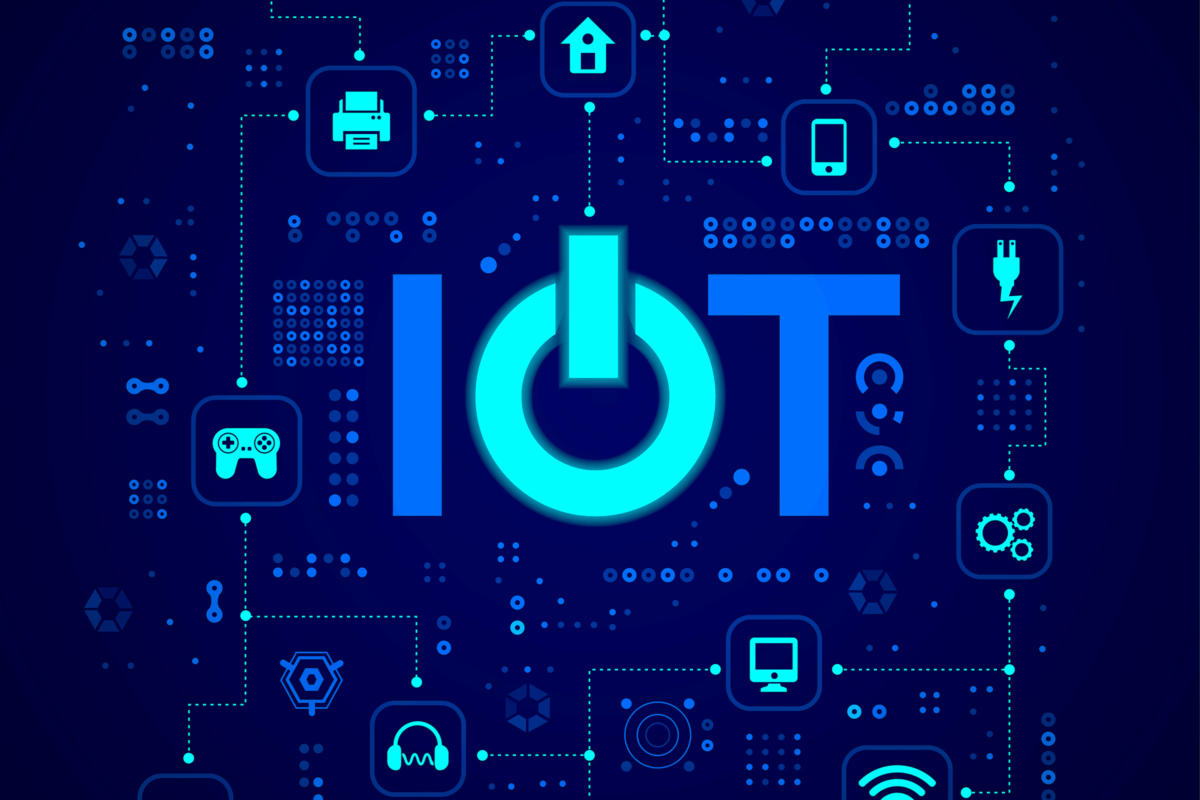Over the last decade, the number of internet-connected devices has rapidly increased. Almost every electronic device today has some form of wireless communication technology available.
So What is Internet of Things (IoT): Definition
The internet of things or IoT is a system of billions of physical devices around the world connected to the internet, collecting and sharing data.
According to estimates by 2025, the number of IoT devices will increase to 75 billion.
IoT has the potential to transform various industries, including manufacturing, agriculture, automobile, education, healthcare, etc. More companies are adopting IoT.
IoT devices not only can communicate, but they also gather data through the sensors embedded in the circuitry.
With internet-connected devices, companies can get real-time insights. Hence, it gives the management a greater understanding of the various processes.
To get more information on the internet of things, you can watch this video from IBM:
The data gathered through IoT devices can help businesses optimize processes.
Moreover, it allows them to predict risks and mitigate them timely. It saves the resources of an organization.
Hence, IoT devices can benefit businesses in various ways. Here are four reasons why companies should invest in IoT technology.
Understanding the Customers

The emergence of internet-connected devices has led to an influx of data. Organizations can use IoT devices to collect customer data and determine their behavior. It can help businesses predict customer trends and use this information to attract customers.
However, the large volume of data requires processing. So businesses also need to invest in data processing software that converts data into meaningful information.
Hence, with this knowledge, companies can effectively market their products. They can gain valuable insights about their customers and then come up with strategies to increase sales and generate revenue.
Moreover, customer feedback can help improve services.
Cloud services by Amazon Web Services (AWS), Microsoft Azure, and others have enabled businesses to compute data and obtain customer insight.
Tracking & Management
As an employer, IoT devices can help you track employee productivity levels as well as their performance.
The best employee monitoring tools allow businesses to manage teams, report on productivity levels, and delegate tasks. So basically, managers can determine if some employees are performing better than others.
Moreover, IoT can also keep track of remote employees and ensure that they perform their tasks. On the whole, it can help businesses achieve their goals.
The application of IoT is not limited to managing employees. IoT devices can track consignments and streamline the logistical operations of your organization. You can keep track of the various departments in your organization.
IoT allows businesses to introduce monitoring systems such as employee monitoring., fleet monitoring, and others.
Automation

IoT has not only an automated manufacturing process but has also automated retail and other businesses.
Amazon Go is a prime example of this, where customers can purchase items using digital wallets.
IoT removes human interaction and replaces it with technology. So instead of a human to human communication, we have a machine to machine communication (M2M). It not only removes error due to human intervention but also speeds up processes.
With IoT, you can manage your inventory and ensure that you never run out of stock. In general, it prevents errors due to human involvement.
Moreover, it saves time and resources spent on managing inventory since the process is automated.
Business Model
Organizations can expand and introduce new services. IoT allows them to increase customer engagement by moving beyond the manufacturing process.
Business can continue providing their services by monitoring the performance of the products they offer. It allows them to improve the services that they provide to their customers. Hence, businesses can create new revenue streams.
Conclusion
With IoT, many of the processes are digitized and automated.
Hence, it leads to efficient systems and reduces lag. So the business can save resources and focus on more important things. As the world shifts to the digital medium, it only makes sense that businesses invest in IoT technology.
In the next couple of years, more and more companies will invest in IoT. To keep up with the competition, you should step up, speed up, and implement IoT in the most effective way.
Good luck!
James is the Founder & CEO of GurusWay.com. Majoring in Business and other life-changing sectors, James covers helpful content and shares his experience with the targeted audience.